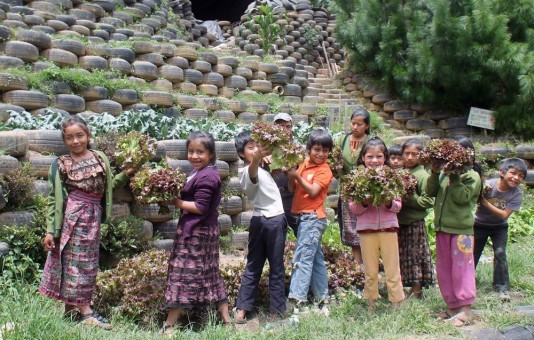Casey tells us what voluntourism is
Expand Photo
Traveling responsibly can mean a lot of things to a lot of people. For some, being a responsible traveler may mean taking the necessary precautions to travel safely, being aware of one’s surroundings, dressing according to culture norms and being cognizant of cultural sensitivities. For others, responsible travel means being mindful of one’s environmental impact. Some travelers take extra steps in limiting the amount of trash they create abroad, and even purchase the option of carbon credit offset purchases offered by many airlines. While these are undoubtably important pieces of traveling responsibly, when I think of responsible travel, I think of the personal obligation I have to the communities that I visit in my travels. In particular, 3 things come to mind.
- When traveling abroad, consider what you can contribute to the area your visiting. For many, the disparities between our lives in the West and those in developing countries are sometimes hard to fathom. In many places in Guatemala, for example, 60% of the population lives on less than $30 dollars a month. Average school costs are $2 per child per month. This means a family with 4 children would have to spend nearly 15% of their income of education, an impossibility for many. One way of to contribute abroad is to be mindful of what a few dollars could mean to local vendors. When negotiating prices for the price of his craft work or textiles, consider how minimal a few dollars in price reduction to you is, and how life changing a few dollars could be for him. Another way to contribute is volunteering. There are many fantastic organizations abroad that could benefit from even a day or two of volunteered time.
- Knowing the historical and political influences that help shape a country is paramount. Every country, just like every person, has a story. And knowing that story gives context to all of a country’s characteristics, both glaring and subtle. Knowing, for example, the colonial history of South Africa and its subsequent apartheid rule helps contextualize the seemingly impossible work that Mandela did and why racial tensions in the Rainbow Nation are still uneasy at best today. Every wonder why Mexicans come across as so polite and friendly to us Americans? Because even after centuries of subjugation by the Spanish, Mexicans refused to give up their dignity, and instead decided to faced their hardships with profound respect to everyone, a cultural norm that persists today.
- The final way to travel responsibly, at least in my mind, is by endeavoring to build relationships. These relationships can be as subtle as a heartfelt “thank you” to the woman selling fruits at a corner stall, or a chat on the malecón with a Cuban, getting her perspective on la revolución. Finding meaningful ways to connect with the people in the countries you visit not only shows respect for them, their history, and their country, but inevitably will be the parts of your trip that you remember most.
Mind Body Spirit Network partners with Travelteerism, a tour operating company founded by Casey Miller (a Harvard grad with a background in international development). Casey takes these
points very much to heart when crafting carefully crafted itineraries for his clients around the world. Travelteerism’s motto is “See the world. And serve it too.” Their belief is simple: that travelers are in a unique position to profoundly impact the people and places they visit. That is why Travelteerism’s tours couple high end travel with short, but meaningful volunteer opportunities in the countries they visit. These volunteer opportunities are designed to connect travelers to the places they visit, and also provide cultural context that ultimately leads to an unforgettable trip abroad. And for the charities they serve, relationships with people they might ordinarily never meet, who in turn, fall in love with their tremendous work.


Comments